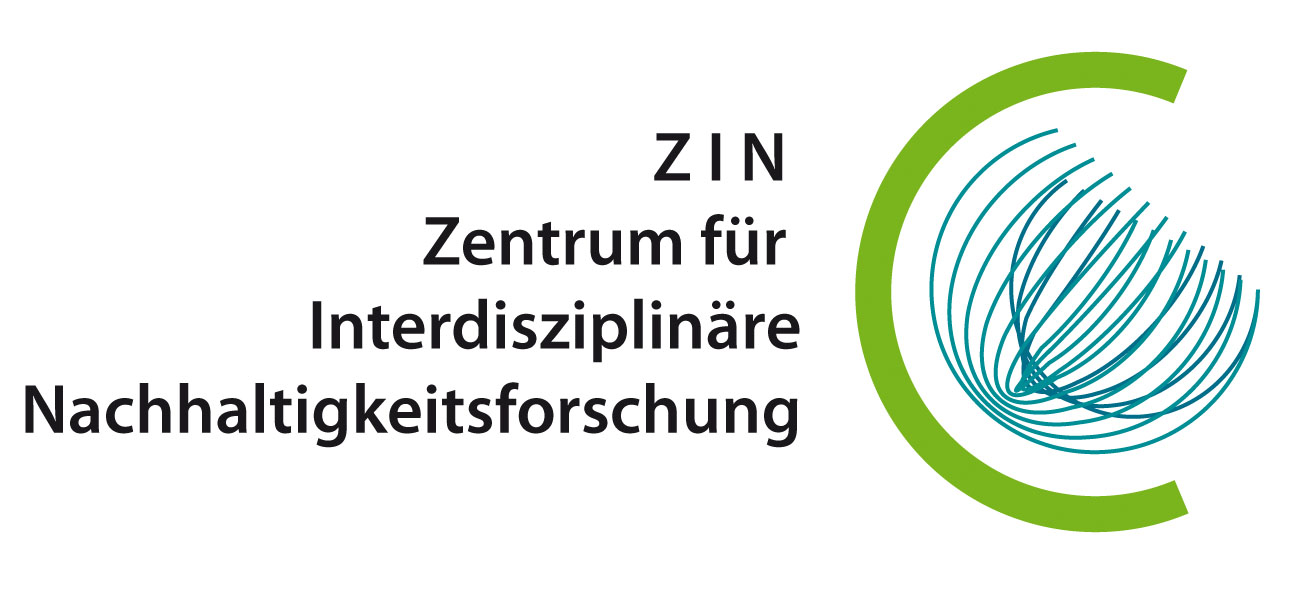1st event in the “ZIN-Brown Bag Lectures” series: “Diverse People, Diverse Knowledges”
On Thursday, 18.04. at 12:15 p.m. CET, the "ZIN Brown Bag Lectures" will start with short lectures by political scientist Julia Wiethüchter and landscape ecologist Dr. Cornelia Steinhäuser on the topic "Diverse People, Diverse Knowledges".
What are the individual lectures about? You can find out in these abstracts:
• „Understanding alternative ways of knowing our world” (Dr’in Julia Wiethüchter): “There are more ways to look at the world and to produce knowledge than the predominantly Western way that has been considered “universal” for a long time. As Reiter (2018) put it bluntly, “the knowledge produced by white males from only five countries has lost its legitimacy to explain the whole world by formulating
universal statements about human behavior and interaction”. This is not to say that Western science does not have its place in offering explanations, merely that it is not equipped to be the sole source of viewing and understanding our world. The concept of the pluriverse opposes the dominant position of Western science and imagines a world view that equally recognises diverse approaches to understanding reality. This presentation aims to introduce ways of knowing from various places in the world that
allow us to consider alternative conceptualisations of the past and the future. This thinking ‘outside the box’, this digging a little deeper to find knowledge that is not as readily propagated has special significance in a just socioecological transformation.”
• “Harvesting Diversity: the Cultivation of Varied Knowledges through Farming and Gardening in Diverse Communities” (Dr’in Cornelia Steinhäuser): “Individuals exhibit a multifaceted identity influenced by diverse factors such as culture, profession, interests, and beliefs, shaping their interactions within various social groups. Within specific communities, individuals engage in nuanced negotiations of behavioral norms, values, and linguistic meanings, thus also developing different kinds of
knowledge. The talk will examine three case studies in Germany, Argentina, and Italy in which people have developed diverging and shared understandings of their relationship to their landscape, community, and themselves through farming and gardening. The discussion emphasizes pre-linguistic and aesthetic exchanges as vital elements in community formation and knowledge exchange. By recognizing and
comprehending this intricate interplay, societies can cultivate empathy, inclusivity, and a deeper appreciation for the rich tapestry of human experiences, fostering meaningful connections and collective understanding across diverse communities.“
The event will take place in lecture hall F4 (Fürstenberghaus) and online (click here for access
data). No prior knowledge is required. You are welcome to bring a small lunch!
Information on this and the other events of the "ZIN-Brown Bag Lectures" can also be found on the poster
for the event series as well as on LinkedIn (@Zentrum für interdisziplinäre Nachhaltigkeitsforschung) and Facebook (@ZIN.unimuenster).

